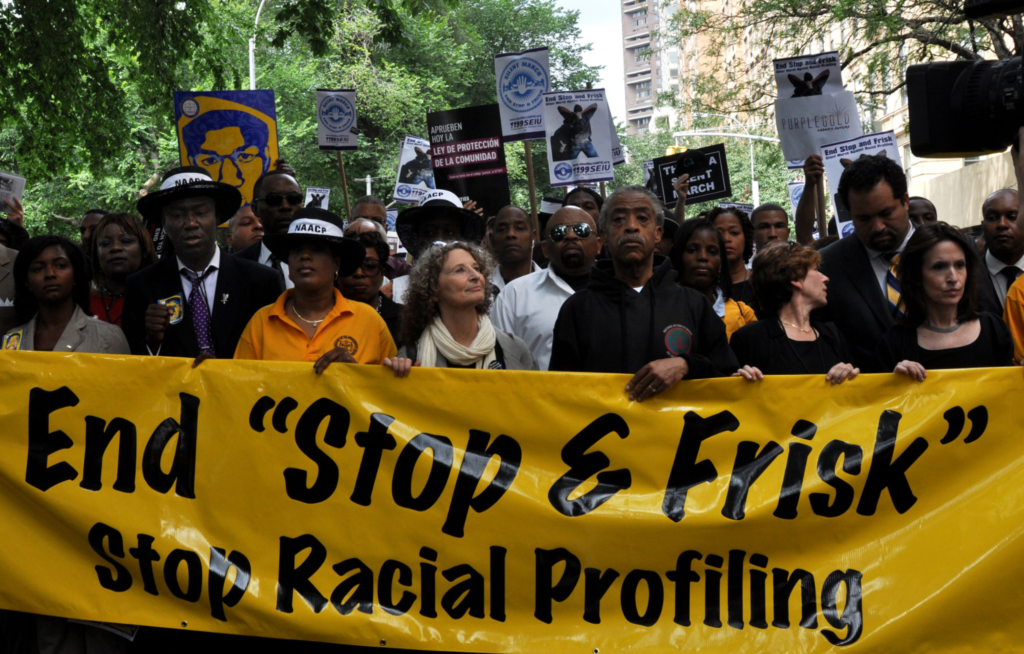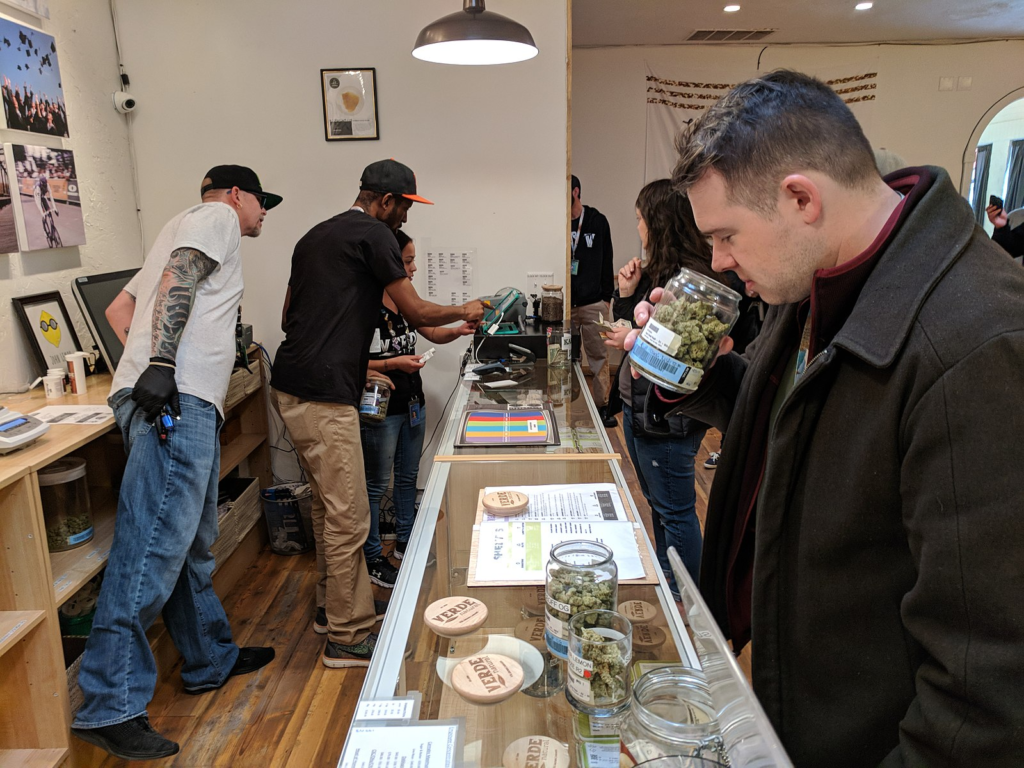
At the end of March, New York became the 15th state to legalize recreational cannabis, potentially becoming one of the largest markets of legal marijuana in the country. Just two weeks later, New Mexico legalized the plant for recreational purposes; Virginia and New Jersey also have recently done so. With this new burst in legalization, issues of racial and carceral justice have opened up, along with the economic question of who will ultimately benefit.
The National Hispanic Cannabis Council launched last month to provide support and opportunities to the Latino cannabis industry — both entrepreneurs and consumers. Brian Vicente is a founding board member and is concerned with the over-criminalization of Latinos. He spoke of the fraught history with the plant that stems from the early 1900s, even before it was criminalized.
“Cannabis prohibition in the U.S. was founded in large part upon prejudice toward Mexican immigrants, and it has disproportionately impacted the Hispanic community ever since,” Vicente said.
Isaac Campos, a marijuana historian, has written extensively about how cannabis is demonized — not only in the U.S., but across the continent. “You have this drug that’s kind of associated with danger and indigenous Mexico, then in these environments associated with violence and danger,” he said.
That fear, Campos explained, mixed with sensationalism, leads to a situation in which Latinos are disproportionately targeted for use or possession of the plant.

Photo credit: Michael Fleshman / Wikimedia Commons
The Drug Policy Alliance is a coalition that works to demystify prejudices behind the War On Drugs. According to data it has collected, simple marijuana possessions is the fourth most common cause of deportation, and half of all federal drug cases are brought against Latinos.
To bring justice to this history amid marijuana legalization, activists are advocating for inclusive policies that create restorative solutions for communities that are typically over-policed. The New York bill, for example, allocates a portion of tax revenue from pot sales to communities of color, where Black and Latino people were disproportionately arrested on marijuana charges. People convicted of these offenses will have their records expunged.
The New York bill is also novel in allowing people with past convictions to participate in the cannabis market. As the plant becomes legal for recreational use, dispensaries are popping up. Advocates say the barrier to entrance into the dispensary market is too high for low-income people, particularly Black and Latino entrepreneurs.
“When you look at the cannabis industry here with respect to the ownership, it is predominantly white,” said Desley Brooks, a former member of the Oakland, California City Council. Brooks introduced an amendment in her city to make it easier for communities of color to own cannabis businesses. “[They] are tired of simply being employees,” she said. “When do they get an ownership piece of the pie?”




